what was a significant factor that motivated the europeans to create their american empires?
Reasons Why The British Were Successful In Expanding Their Empire
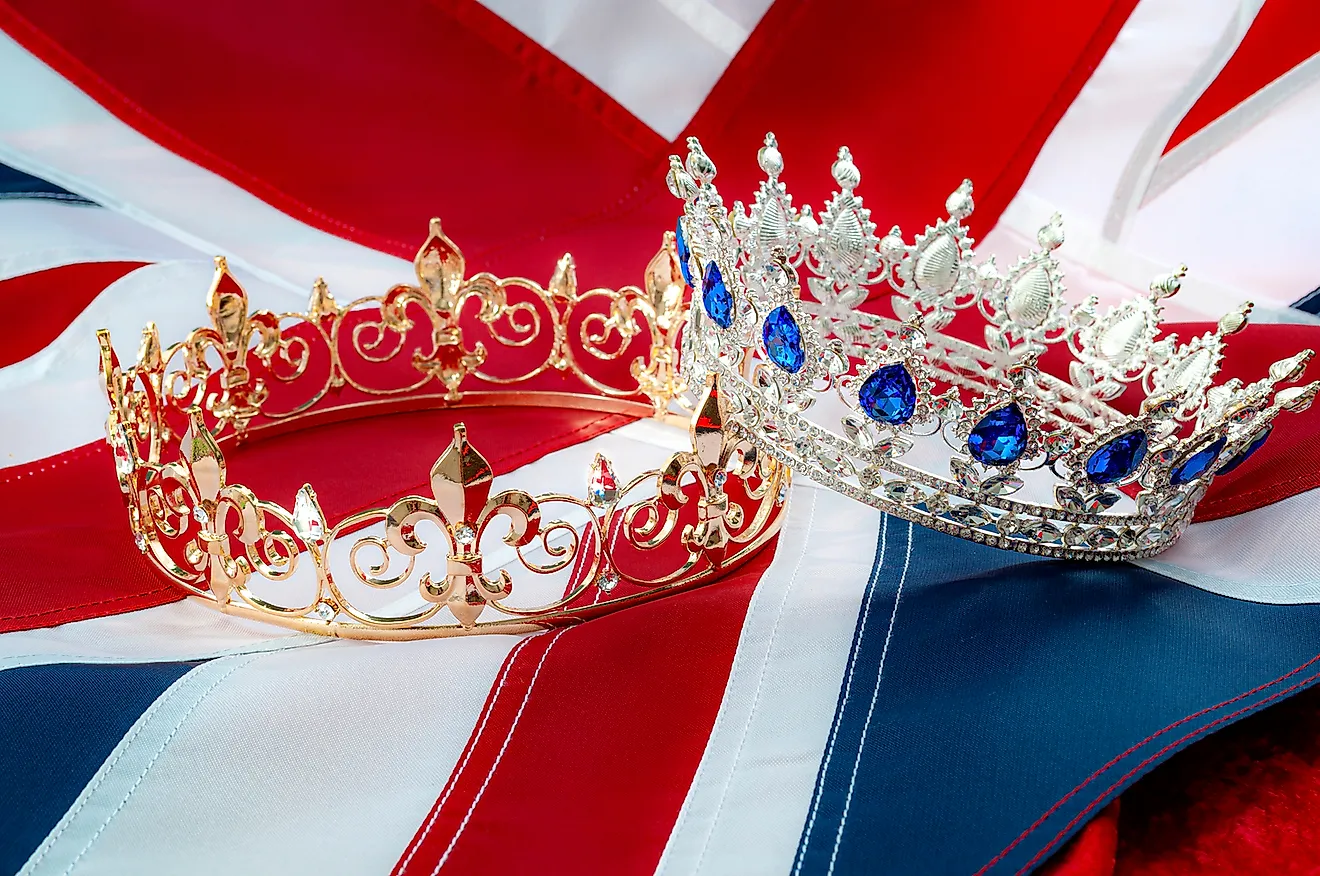
- Empires are all about gaining access to the near express resource: Power. With land, with trade, with goods, and with literal human resource, the British Empire could catch more and more power.
- Profitability was key to British expansion, and the age of exploration brought wonderous and addictive delights to the British Empire.
- They also understood how to utilize both their regime and privatized industry for the greatest economic advancements.
The British Empire was i of the largest colonial empires in history, which is a masterful feat, given the country'southward comparatively small size. How did the empire become and then wildly successful at expanding? There were many factors at play, and we will dive into some of the major ones below.
10. They Knew How To Expanded At Low Cost
Colonial expansion was frequently a costly endeavour. The British, yet, were skilled at expanding on a shoestring budget. The budget fix aside for supporting colonies was minimal. Instead, the pressure level was put on the colonies to be self-sufficient. The British further reduced costs by ensuring that fiscal risks would be shouldered past privatized individuals, while turn a profit would be kept larger in the hands of the regime. The outcome? Higher margins of profit, making further expansion more than possible.
9. They Were Driven By Contest With Their Neighbour France
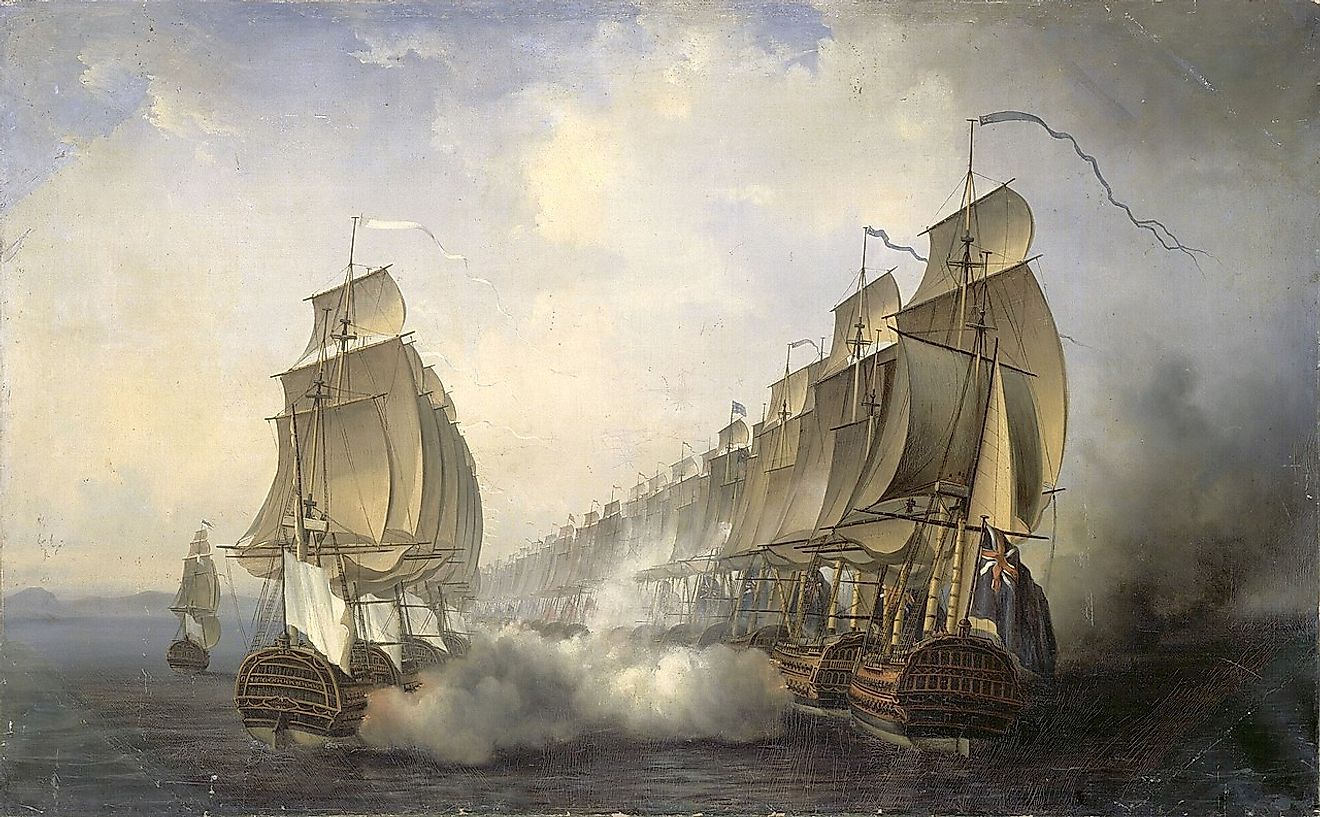
Britan was engaged in an expansion competition with France, to the caste that French and British colonies settled in Due north America began in-fighting throughout much of the early 18th century. British settlements in the Canadian prairies and into British Columbia enabled British influence to expand to the Pacific, but French republic would expand along Canada'southward St. Lawrence River. In the early 1500's Jacques Cartier would take possession of modernistic-twenty-four hour period Quebec in the name of the Male monarch of France. The competition for expansion would drive both sides to seeks further growth for years to come.
8. They Embraced Privatization
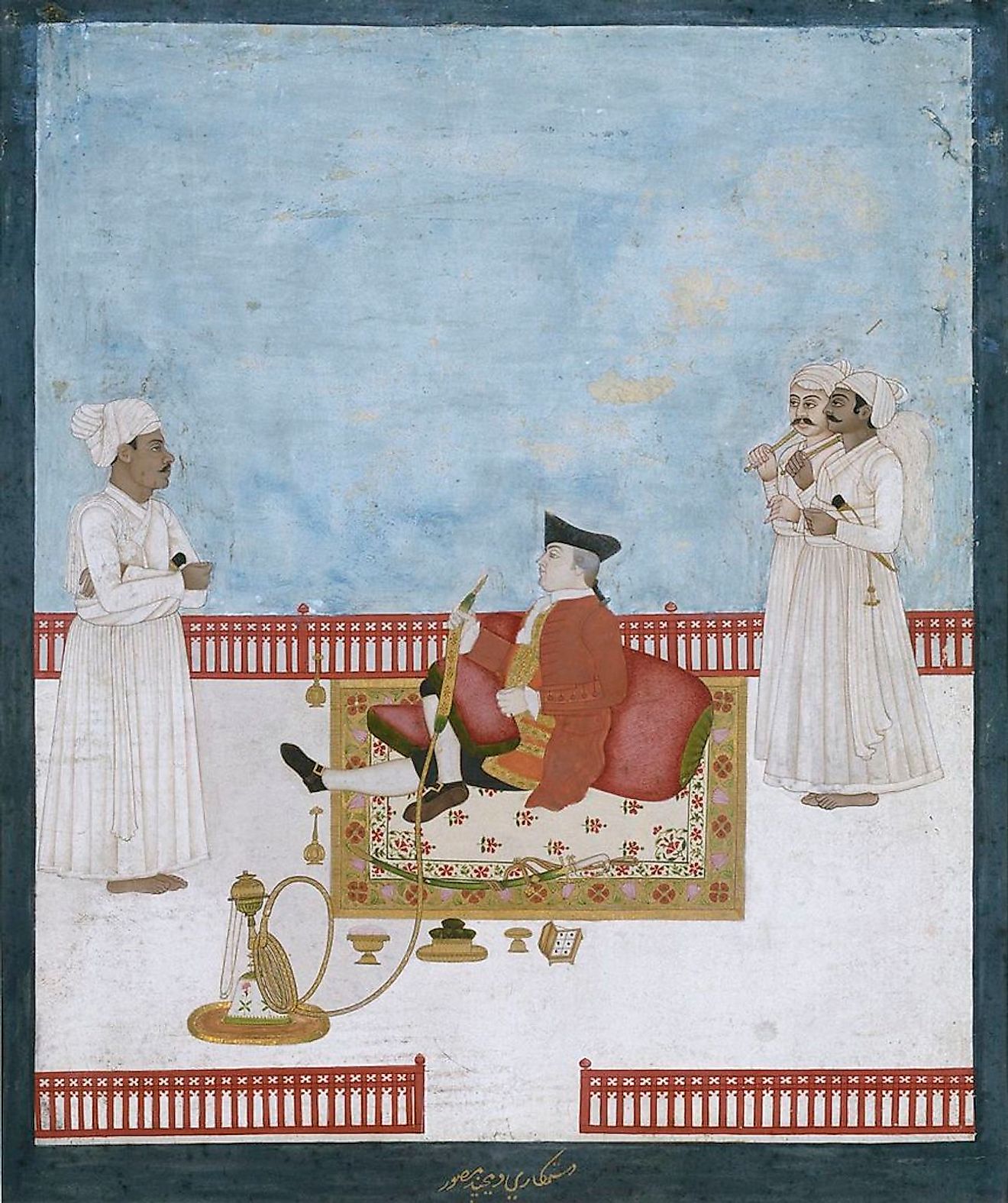
Private companies and enterprises led much of the growth of British expansion. The London Company, the Plymouth Visitor, and the East India Company, just to name a few, were independent entities doing business organization with the British Empire for profit. Taking on the fiscal brunt of risks of establishing colonies meant that individuals had the potential to amass vast amounts of wealth, at comparatively small risk to the Crown. Yet the British were able to impose favourable taxes and trading to those colonies to increase profits for themselves.
7. They Utilized Government Policies For Profit With Little Regard For Native Populations

In 1649, United kingdom of great britain and northern ireland established the Commonwealth, and the legislation that followed would assert British rule over all British Colonies, giving them farther economic ability. Policy changes meant that all cargo from Europe going to the Americas had to exist sent to England commencement to be exported and then re-exported, beingness taxed along the way. This pursuit of profit would be justified with organized religion. The pressure to expand further into the Americas for increased profit would have new settlers to the country pushing out the native ethnic communities, leading to tragic and big scale decimation of indigenous people, including their heritage, art, culture, religion and language.
6. The Needed Resources
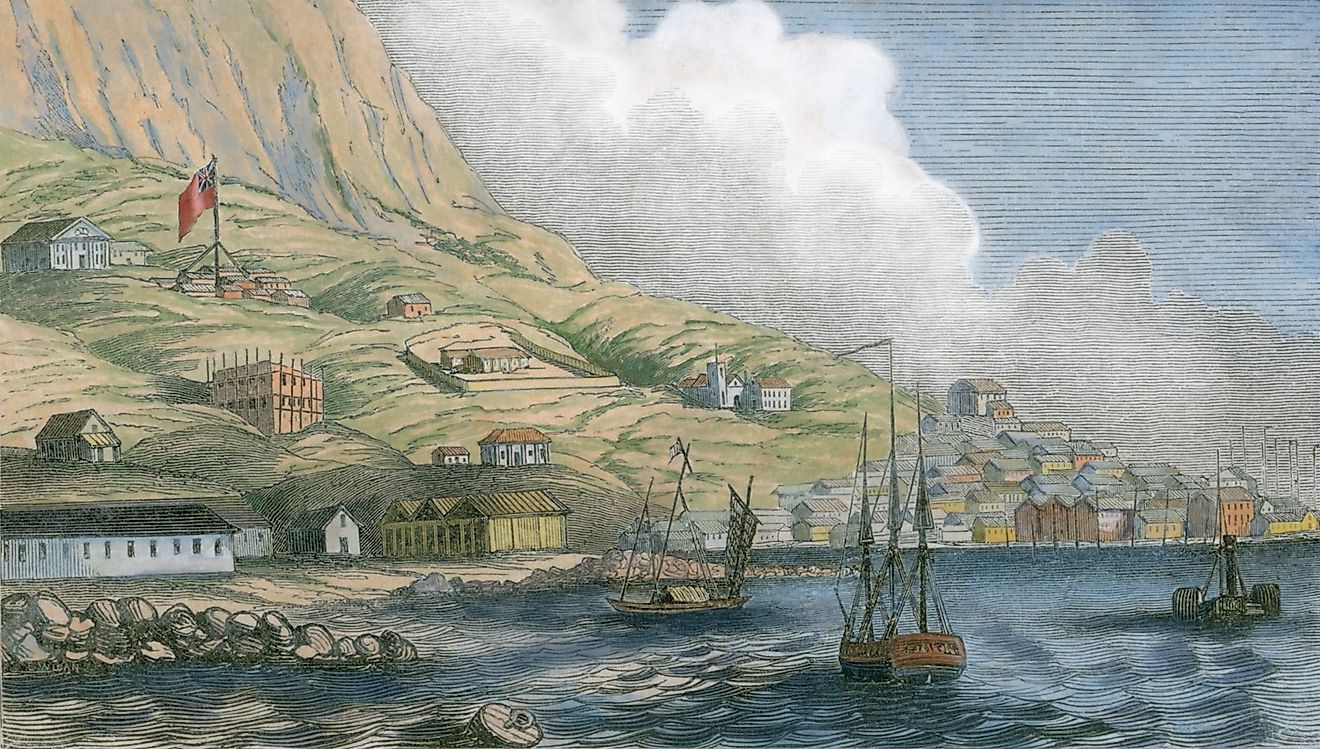
As far every bit landmass is concerned, United kingdom is non an overly large country. Growth of economy requires the accumulation of a surplus of resources, and resources are limited as long as you are restrained by your geography. The answer to the growth of British ability and influence? Expansion outside of their native borders. With firm and long-established nations round them, Britain turned to all the same "undiscovered" lands. Of class, the lands they "settled" had already been inhabited by indigenous populations, just what British explorers were almost interested in were resources like spices, textiles, and natural resources like cotton, food stocks, tobacco, tea, sugar and annihilation they could grow and ship abroad for profit. The need for resources fueled their growth.
v. They Saw Economic Opportunities
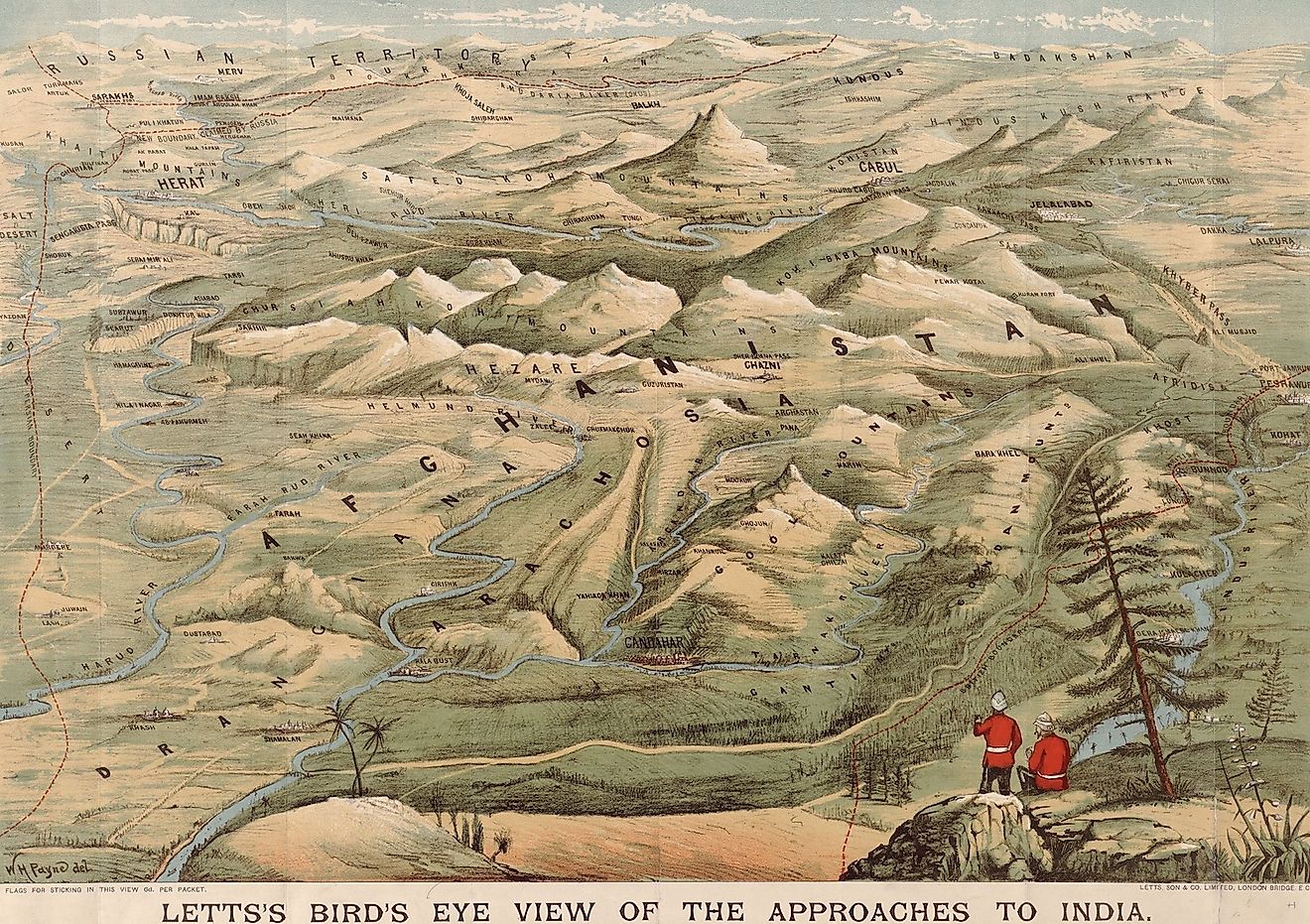
Without question, economical opportunity paved the way for the growth of the British Empire. Trade, country and the exportation of resources were critical for increased profit, merely secondary industries and careers were also booming. Growth in industries similar shipbuilding, merchant development into international markets, and individuals interested in "claiming their fortune" through new opportunities abroad helped shape the face of global prosperity. While this spread English culture (and by extension European culture as a whole) across the globe, it as well came at the price of human exploitation. The results of this economic disparity would echo for generations and can still be felt in parts of the world today.
4. They Recognized Competition In The East
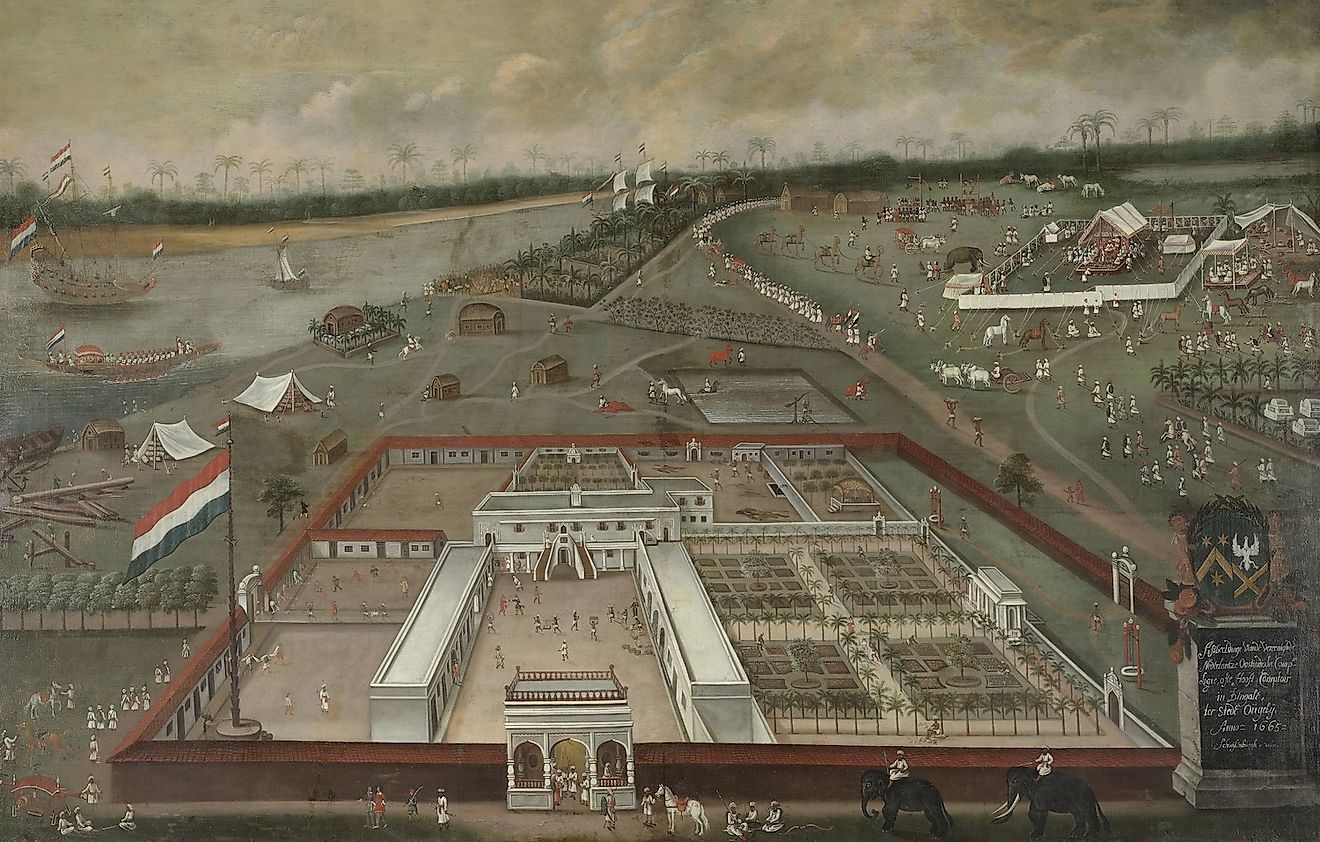
The British Empire was non the only group expanding their power, influence and global reach. By the time they were advancing their territorial search, three other empires had pre-established routes for goods like spices and textiles. The Ottoman Empire, the Chinese Empire and the Mughal Empire had developed trading connections. The British East Bharat Visitor built upwards trade with the Mughal Empire that would abound into the foundation of Britain'due south later on expansion into Republic of india.
iii. They Profited From Human Chains
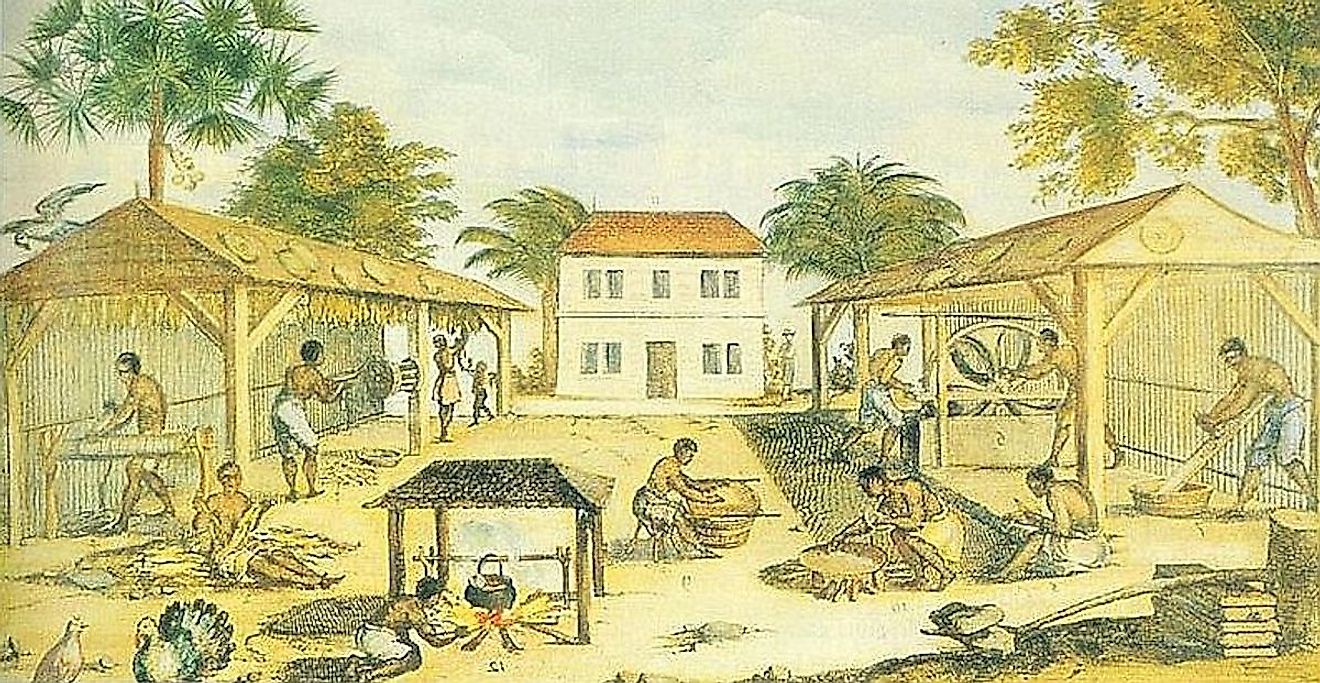
While it did not play as big a function in the slave trade as Portugal or Spain in the 1600 and 1700s by comparison, England was a actor in transporting and selling human beings in the 1500s. England established colonies and a navy in the Caribbean. Cities such as Liverpool and Bristol would expand as the marketability of trading human chattel grew more than profitable, and companies like the Regal African Company, among others, would be established to encounter the needs of higher demand. It was a horrible and profitable industry and untold masses of kidnapped African people would be sold into a lifetime of disenfranchisement every bit a result.
2. They Saw Turn a profit In Exploiting The Vices Of Their Own People
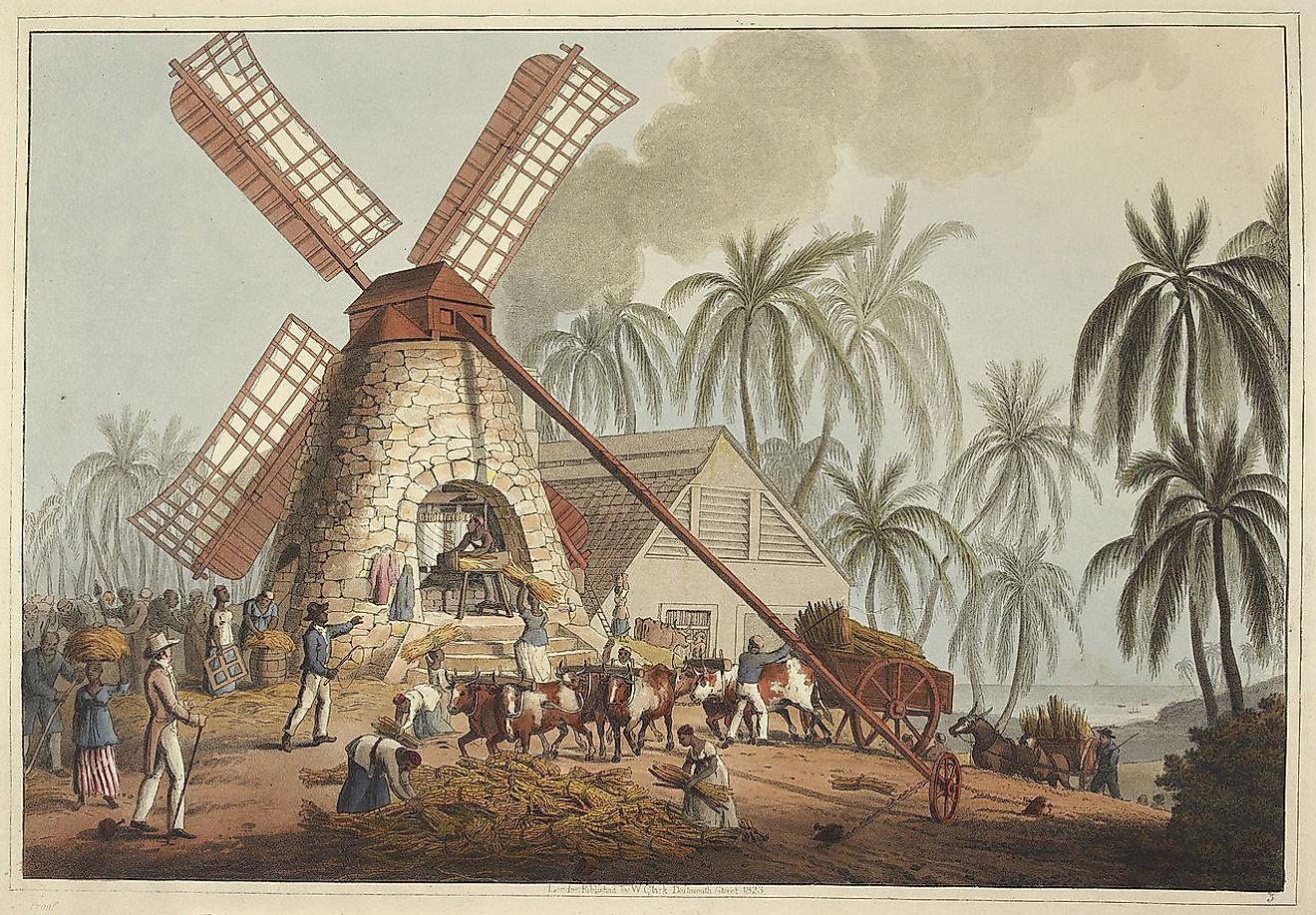
Profitability was central to British expansion, and the age of exploration brought wonderous and addictive delights to the British Empire. Saccharide, tea and tobacco became some of the nearly profitable appurtenances, and the British Empire went mad for addictive foreign substances. Colonies that could exploit their labour on plantations, churning out low-cost goods that could exist sold for a profit internationally and imported back to the British at favourable costs.
i. They Wanted Ability
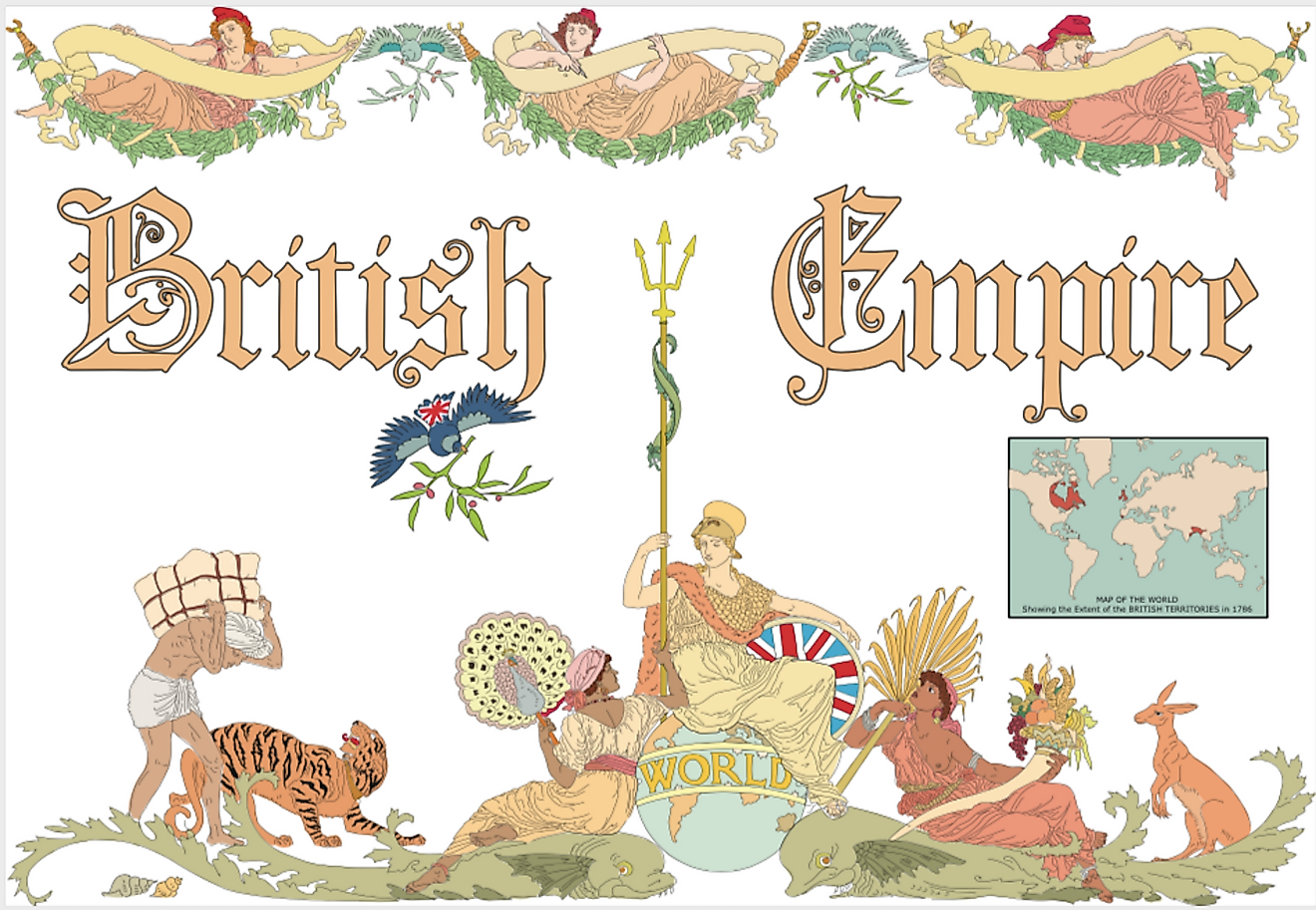
Empires are all about gaining access to the virtually limited resource: Power. With land, with merchandise, with goods, and with literal human resources, the British Empire could catch more and more power. With more than power came more money, more influence and more cultural capital. It immune them to impress their civilisation, faith and beliefs on the places they claimed on the international map, and the expositional growth of influence made continued expansion possible. Nonetheless, the larger an expanse of power is without the uniformity of governance, the faster rebellions can arise. Wars of independence would seed themselves across multiple colonies, and ultimately be the undoing of many British strongholds.
Source: https://www.worldatlas.com/articles/reasons-why-the-british-were-successful-in-expanding-their-empire.html
0 Response to "what was a significant factor that motivated the europeans to create their american empires?"
Postar um comentário